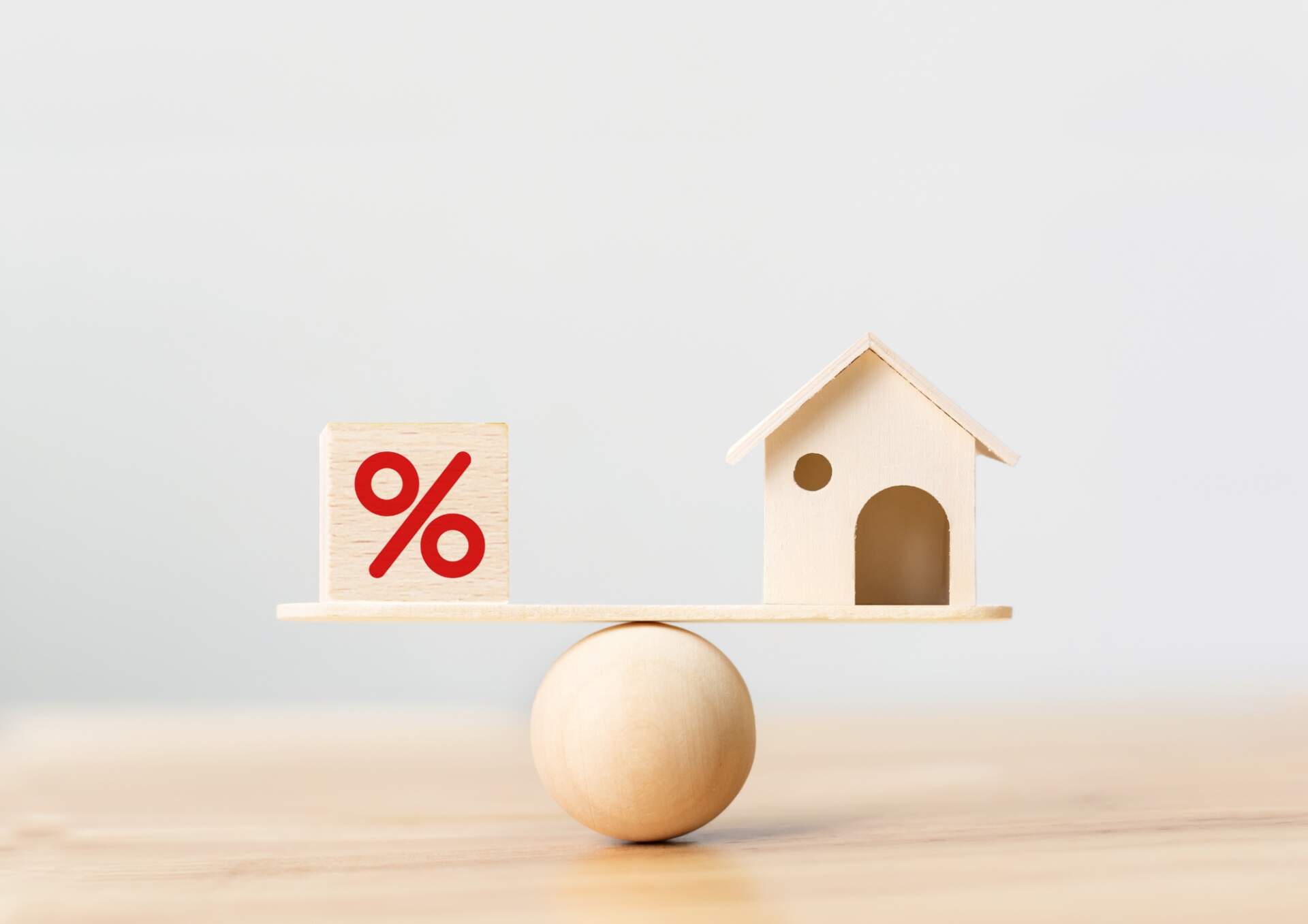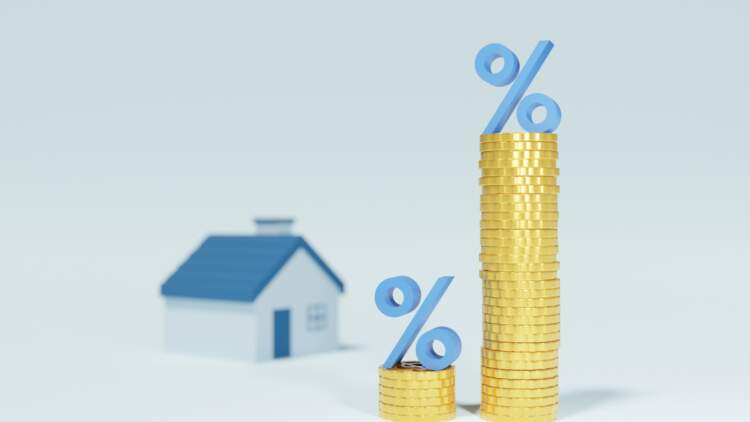January 25, 2023: Bank of Canada Increased Policy Interest Rate by 25 Basis Points, Continues Quantitative Tightening

The Bank of Canada Raised its Target for the Overnight Rate to 4½%, with the Bank Rate at 4¾% and the Deposit Rate at 4½%. The Bank is also Keeping its Policy of Quantitative Tightening
Sources: Bank of Canada, Global News
In its first decision of 2023, the central bank raised its policy rate by 25 basis points to 4.5 percent. The key rate for the Bank of Canada is the highest since 2007.
The global economy remains in a state of high inflation with a broad base. Many countries are experiencing lower inflation as a result of lower energy prices and improved global supply chains. Despite slowing economies, the U.S. and European economies have proven more resilient than expected at the time of the Bank’s October Monetary Policy Report. As a result of China’s abrupt lifting of COVID-19 restrictions, the growth forecast for the country has been revised upward. As a result of China’s abrupt lifting of COVID-19 restrictions, the growth forecast for the country has been revised upward. A significant source of uncertainty remains Russia’s war on Ukraine. While financial conditions remain restrictive, they have eased since October, and the Canadian dollar has been relatively stable against the US dollar.
According to the Bank, the global economy will grow by 3½% in 2022, slow to about 2% in 2023, and 2½% in 2024. This projection is slightly higher than October’s.
Recent economic growth in Canada has been stronger than expected, and the economy remains in surplus. There is still a tight labour market: unemployment is near historic lows, and businesses report difficulty finding employees. There is, however, increasing evidence that restrictive monetary policy is causing a slowdown in economic activity, particularly in household spending. There has been a significant decline in housing market activity since the first half of 2022, and consumption growth has moderated since the first half of 2022. Consumer spending and business investment are expected to slow as the effects of interest rate increases work their way through the economy. As a result of weaker foreign demand, exports are likely to suffer. Supply will be able to catch up with demand as a result of this overall slowdown in activity.
The Bank forecasts that Canada’s economy will grow by 3.6% in 2022, slightly stronger than was projected in October. By the middle of 2023, growth is expected to stagnate, before picking up later in the year. GDP growth is expected to be about 1% in 2023 and about 2% in 2024, little changed from October.
Due to lower gasoline prices and, more recently, moderating durable goods prices, inflation declined from 8.1% in June to 6.3% in December. Even with this progress, Canadians continue to face high inflation in essential household expenses, such as food and shelter. Inflation expectations remain elevated in the short term. Although year-over-year measures of core inflation are still around 5%, 3-month measures have fallen, suggesting that core inflation has peaked.
It is expected that inflation will decrease significantly this year. It is expected that lower energy prices, improved global supply conditions, and higher interest rates in 2024 will bring CPI inflation back to 2%.
The Governing Council decided to increase the policy interest rate by 25 basis points due to persistent excess demand pushing prices upward. Quantitative tightening by the Bank complements the policy rate’s restrictive stance. While assessing the impact of the cumulative interest rate increases, the Governing Council expects to hold the policy rate at its current level if economic developments follow the MPR outlook. The Governing Council is prepared to increase the policy rate further if necessary to restore inflation to the 2% target, and remains committed to restoring price stability for Canadians.
Briefing note
March 8, 2023, is the next scheduled date for announcing the overnight rate target. On April 12, 2023, the Bank will publish its next full economic and inflation outlook, including risks to the projection.
To read more local news and updates please check our BLOG PAGE
To view Geoff Jarman’s Listings CLICK HERE
Tags: real estate Vancouver, Vancouver real estate. Vancouver realestate, home sales, Vancouver homes sale, house prices, housing prices, house buying, real estate Vancouver market, Vancouver market, real estate agent Vancouver, Burnaby realtor, Geoff Jarman, Geoff Jarman top Burnaby realtor, 2023 market news, Vancouver Multifamily Market, BC, housing market, bank interest rates, central bank





